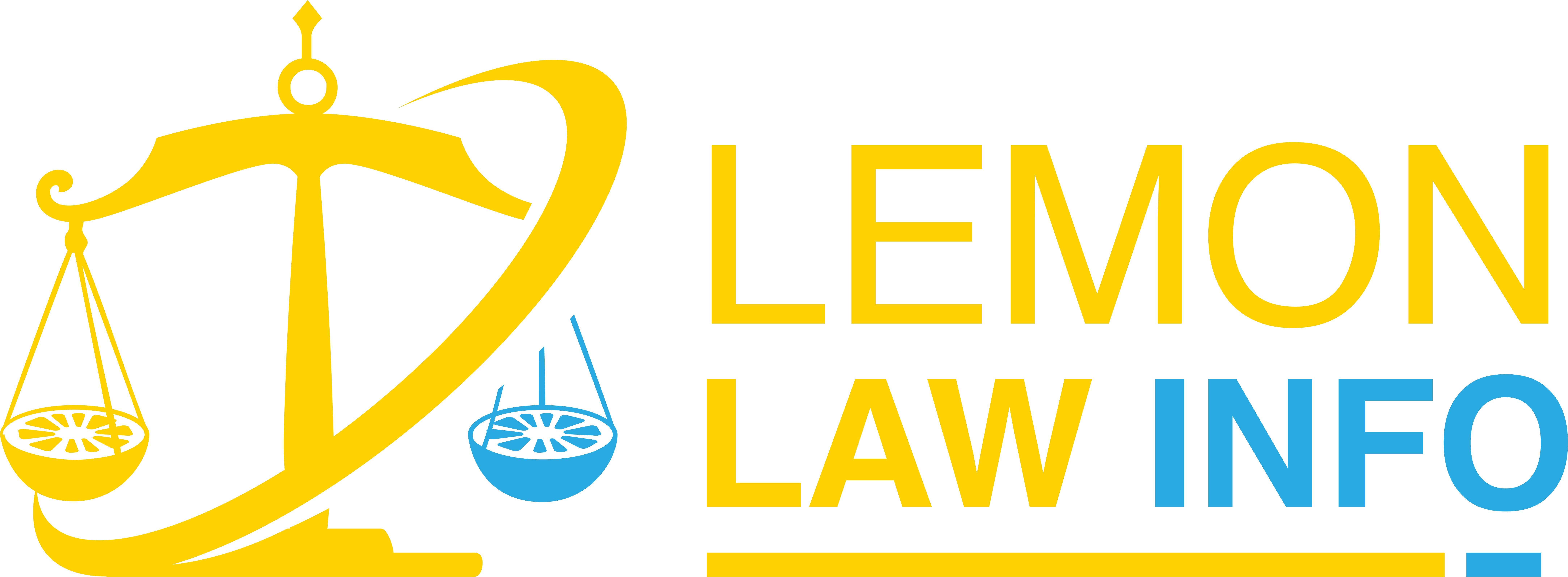Washington, D.c. Lemon Law Attorneys:
Kimmel & Silverman
Standards Of The Washington, D.c. Lemon Law
Vehicles Covered
The Washington, D.C. lemon law covers motor vehicles sold or registered in the District of Columbia and designed primarily for transporting the driver and one or more passengers on streets, roads, or highways. The lemon law appears to cover used vehicles, but does not cover buses sold for public transportation, motorcycles, motor homes, and motorized recreational vehicles.
Consumers Covered
The lemon law covers the following consumers:
- The purchaser, for purposes other than resale, of a motor vehicle;
- Any person to whom the motor vehicle is leased or otherwise transferred during the duration of a warranty applicable to the motor vehicle; and
- Any other person entitled to enforce the obligations of the warranty.
Vehicle Converters
The lemon law does not apply to vehicle converters.
Problems Covered
The lemon law covers any defect or condition that results in significant impairment of the motor vehicle. This is referred to as a nonconformity. A defect or condition significantly impairs the motor vehicle if it renders the motor vehicle unreliable or unsafe for normal operation, or reduces the motor vehicle’s resale value below the average resale value for comparable motor vehicles. The lemon law provides manufacturers with an affirmative defense if it can be shown that the nonconformity, defect, or condition is the result of abuse, neglect, or unauthorized modifications or alterations of the motor vehicle.
Manufacturer’s Duty To Repair
If a motor vehicle does not conform to all warranties and the consumer reports the nonconformity, defect or condition to the manufacturer, its agent or authorized dealer during the first 18,000 miles of operation or within two years following the motor vehicle’s delivery to the original purchaser, whichever is earlier, then the manufacturer, its agent, or authorized dealer must correct the nonconformity, defect or condition at no cost to the consumer. Such repairs must be made even if the period of the first 18,000 miles of operation or two years following the motor vehicle’s delivery to the original purchaser has expired.
Manufacturer's Duty To Repurchase Or Replace A Vehicle
If the manufacturer, its agent, or authorized dealer is unable to repair or correct any nonconformity after a reasonable number of attempts, the manufacturer must, at the option of the consumer, either replace or repurchase the motor vehicle.
Reasonable Number Of Repair Attempts
The lemon law establishes a presumption that a reasonable number of repair attempts have been undertaken if any of the following occurs during the period of two years following the motor vehicle’s original delivery to a consumer or the first 18,000 miles of operation, whichever is earlier:
- The same nonconformity has been subject to repair four or more times by the manufacturer, its agent or authorized dealer, and the nonconformity continues to exist;
- The same safety-related nonconformity has been subject to repair one or more times by the manufacturer, its agent or authorized dealer, and the nonconformity continues to exist; or
- The motor vehicle is out of service by reason of repair of any nonconformities for 30 days or more. The 30 day period is extended by any period during which repair services are unavailable to the consumer because of war, invasion, strike, flood, fire or other natural disaster.
Time Period For Filing Claims
An action must be commenced within four years of the date of the vehicle’s original delivery to the consumer.
Remedies Under The District Of Columbia Lemon Law
Repurchase
The Washington, D.C. lemon law sets out the following amounts that a manufacturer must pay when it repurchases an owned motor vehicle under the lemon law:
- The full purchase price; and
- All sales tax, license and registration fees, and any similar governmental charges;
- Less a reasonable allowance for the consumer’s use of the vehicle.
Refunds must be made to the consumer and the lienholder, if any, as their interests may appear on the records of ownership kept by the Department of Public Works. The reasonable allowance for use may not exceed 1 0 cents per mile for the consumer’s use of the motor vehicle in excess of the first 12,000 miles of operation. An allowance is also made for any damage not attributable to normal wear and tear or to the nonconformity.
Replacement
The Supreme Court of Washington does not recognize certification of specialties in the practice of law and that the certificate, award, or recognition is not a requirement to practice law in the State of Washington.
See Washington Rules of Professional Responsibility Rule 7.4(b)(3) (2002).
